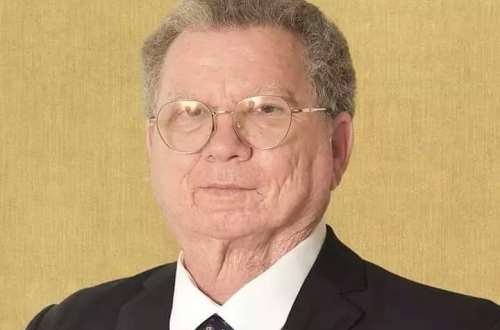By Samuel Shay, an Gulf Cooperation Council investment expert and co-founder of Africa Publicity and Production (AP&P)
The Gulf Cooperation Council (GCC) countries – Bahrain, Kuwait, Oman, Qatar, Saudi Arabia, and the United Arab Emirates – recently signed the Al-Ula Declaration, resolving the three-year diplomatic rift within the GCC. This reconciliation opens new avenues for unity, security, and economic prosperity in the region. The restoration of ties between GCC members could also benefit Africa’s economic growth and integration.
The GCC is a major trading partner for Africa and home to millions of African expatriate workers. Intra-GCC trade reached $240 billion in 2020. As the GCC economies recover post-pandemic, demand for African exports like fuel, minerals, and agricultural commodities will rise. Improved political and economic ties between GCC members could boost bilateral trade and investment with African nations.
In 2021, the GCC invested over $5 billion in African countries spanning technology, infrastructure, healthcare, and renewable energy. An integrated GCC presents opportunities for increased foreign direct investment in high-potential sectors like financial services, tourism, and construction in Africa. Projected infrastructure spending of $2 trillion by the GCC over the next decade could also open doors for African contractors and laborers.
Beyond trade and investment, the GCC reconciliation enables cooperation in providing humanitarian aid and building development finance institutions to assist African countries. The GCC has committed billions in aid to Sudan, Somalia, and other Sub-Saharan African states over the years. A unified GCC can better mobilize aid and technical assistance for Africa’s least developed economies.
Joint institutions like the Africa-Arab Bank, headquartered in Cairo, will play a key role in inter-regional partnership. Africa must leverage such institutions to increase trade finance, project funding, and integration into GCC-Africa value chains. More robust financial cooperation can accelerate Africa’s growth and meet its Sustainable Development Goals.
As the center of gravity of the global economy shifts toward Asia, Africa must expand partnerships with major actors in the Middle East and the Gulf. The post-pandemic recovery of intra-GCC cooperation, trade, and investment will generate significant opportunities for Africa’s economic advancement this decade if leveraged proactively.








